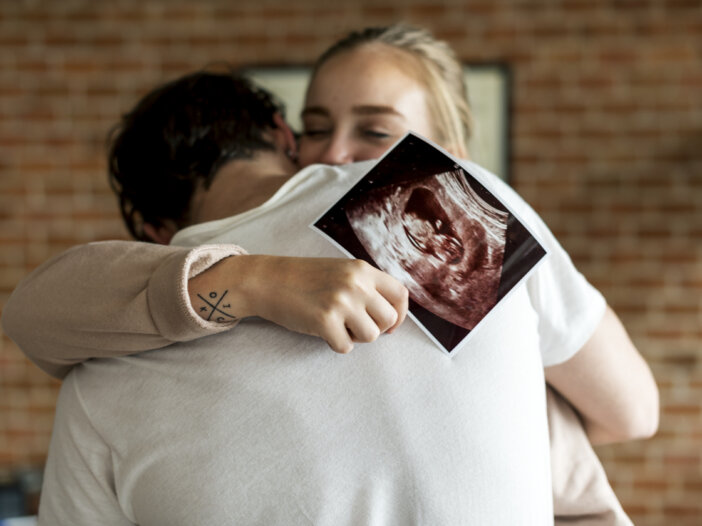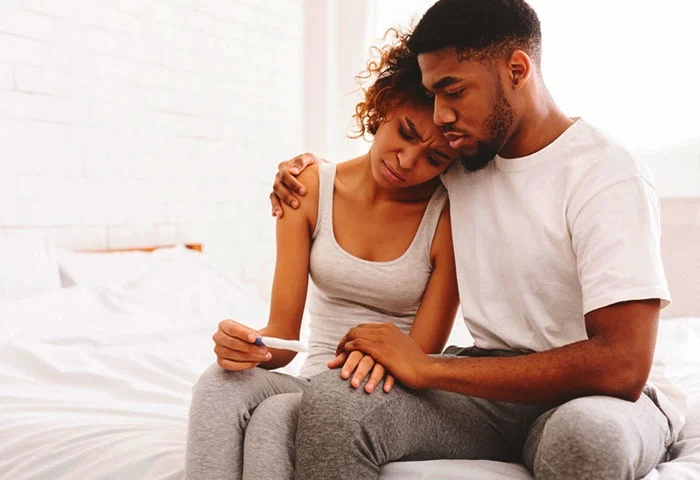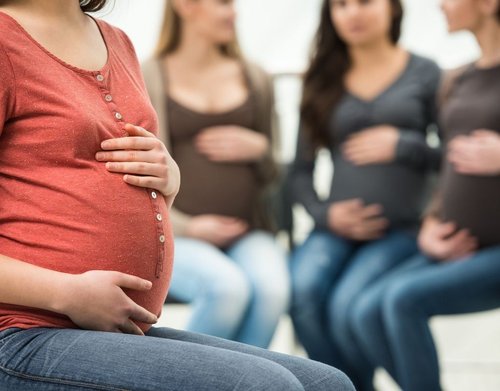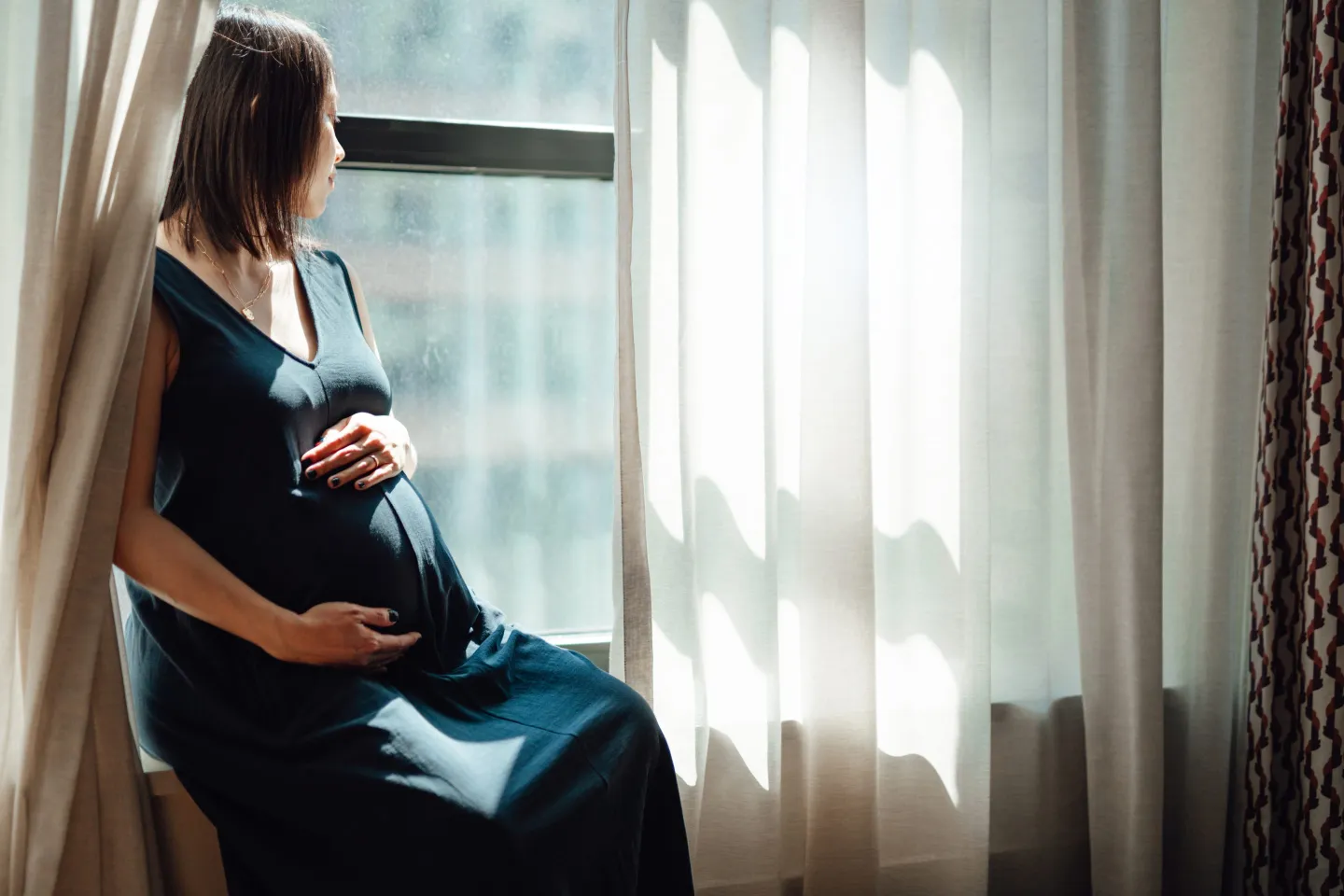In vitro fertilization (IVF) is a well-known fertility treatment used by many couples struggling to conceive. However, a common question arises among those who have undergone IVF: Can you conceive naturally after IVF treatment? The short answer is yes, it is possible.
But the specifics depend on various factors, including the underlying reasons for infertility and overall reproductive health.
This article explores the chances of conceiving naturally after IVF, key factors that affect fertility post-IVF, and ways to enhance your chances of natural conception.
IVF and Its Impact on Fertility
Before delving into the possibility of natural conception after IVF, it’s essential to understand how In vitro fertilization works and its effects on fertility.
In vitro fertilization is a process in which a woman’s eggs are fertilized by sperm outside the body in a laboratory setting. The fertilized embryo is then transferred into the woman’s uterus in hopes of a successful pregnancy.
Recommended: How long does it take to conceive after stopping birth control?
In vitro fertilization is often used when couples face infertility issues like blocked fallopian tubes, low sperm count, or unexplained infertility.

Although IVF is a highly effective treatment for fertility, it doesn’t change a couple’s underlying reproductive condition. That means, for many, the reasons that made In vitro fertilization necessary might still persist after treatment, which can affect the chances of natural conception.
Can Natural Conception Happen After IVF?
Yes, natural conception after IVF is possible. Many couples who required IVF to conceive their first child sometimes find themselves expecting again naturally.
Recommended: What Does an Invalid Pregnancy Test Mean?
Research has shown that between 20% and 30% of couples who had previously undergone In vitro fertilization treatments conceive naturally afterward. Several factors contribute to this occurrence, and many of them remain unexplained.
Reasons Why Natural Conception May Occur After IVF
1. Improved Health and Lifestyle Changes
Couples undergoing IVF often make significant lifestyle changes to improve their chances of success, such as quitting smoking, reducing alcohol consumption, maintaining a healthy diet, and managing stress levels. These improvements can also enhance fertility and increase the chances of natural conception later on.
2. Correcting Underlying Fertility Issues
Some women experience temporary conditions like endometriosis, hormone imbalances, or ovulation disorders, which IVF treatments help overcome. In some cases, these conditions might correct themselves or become more manageable after In vitro fertilization, increasing the possibility of conceiving naturally.
Recommended: How To Prepare Financially And Emotionally For Family Planning
3. Hormonal Boost from IVF
IVF treatments involve hormonal stimulation that can “reset” or normalize some women’s reproductive cycles, increasing the chances of ovulation and natural conception in subsequent cycles.

Factors Affecting Natural Conception After IVF
While natural conception after In vitro fertilization is possible, several factors can influence the likelihood of it happening. Below are the primary considerations that may affect fertility following IVF treatment:
1. Age
Age plays a significant role in fertility, both before and after IVF. As women age, the quality and quantity of their eggs decline, reducing the chances of conception. Women over 35 may have a more difficult time conceiving naturally after In vitro fertilization, while younger women may have better odds.
Recommended: Hair Fall After Pregnancy Home Remedy
2. Cause of Infertility
The underlying cause of infertility is critical in determining whether natural conception is possible after In vitro fertilization. If the reason for infertility is something temporary or correctable – like hormonal imbalances or mild ovulation disorders – the chances of conceiving naturally might be higher.
However, if infertility stems from permanent issues, such as blocked fallopian tubes or severe male factor infertility, natural conception may be less likely.
3. Previous IVF Outcomes
The outcome of previous IVF cycles can also offer clues about the possibility of natural conception. Women who have had successful pregnancies through In vitro fertilization may have a better chance of conceiving naturally later on, especially if the fertility issue was temporary.
Conversely, if IVF cycles failed due to poor egg or sperm quality, the chances of conceiving naturally might be lower.
4. Overall Reproductive Health
Your overall reproductive health, including conditions like polycystic ovary syndrome (PCOS), endometriosis, or fibroids, will also impact your ability to conceive naturally after IVF.
Recommended: 10 Natural Remedies For Acid Reflux During Pregnancy
Managing these conditions through medical interventions or lifestyle changes can improve the likelihood of natural conception.
Steps to Enhance Natural Conception After IVF
If you’re hoping to conceive naturally after undergoing IVF, there are steps you can take to boost your fertility and improve your chances of success:
1. Maintain a Healthy Diet
A balanced, nutrient-rich diet supports reproductive health and overall well-being. Focus on incorporating fertility-boosting foods like leafy greens, lean proteins, whole grains, and healthy fats.
Antioxidants, vitamins, and minerals, such as folic acid, vitamin D, and zinc, are particularly beneficial for fertility.
2. Manage Stress
Chronic stress can negatively impact fertility. Engage in stress-reducing activities such as yoga, meditation, or even regular physical exercise. Keeping stress levels low may help regulate hormonal balance, potentially improving your chances of natural conception.
Recommended: Does Family Planning Affect Future Pregnancy?
3. Regular Exercise
Moderate physical activity enhances circulation, regulates hormone levels, and promotes overall health. Engage in regular exercise, such as walking, swimming, or yoga, to boost your fertility naturally. However, avoid excessive or intense workouts, as they can sometimes disrupt hormonal balance.
4. Track Your Ovulation
Understanding your menstrual cycle and tracking ovulation is key to increasing your chances of conceiving naturally. Use ovulation tracking apps, ovulation predictor kits, or monitor basal body temperature to identify the most fertile days in your cycle. Timed intercourse around ovulation significantly increases the likelihood of conception.
5. Avoid Smoking and Alcohol
Smoking and excessive alcohol consumption can negatively impact fertility for both men and women. If you’re trying to conceive naturally after In vitro fertilization, quitting smoking and reducing alcohol intake can enhance your chances of success.
Recommended: How To Get Rid Of Smelly Discharge During Pregnancy
6. Consult Your Doctor
If you’re unsure about your chances of conceiving naturally after IVF or have concerns about your fertility, it’s crucial to consult a reproductive specialist. Your doctor can assess your reproductive health and guide you on steps to improve your natural fertility.

Success Stories of Natural Conception After IVF
There are numerous stories of couples who successfully conceived naturally after IVF treatment. These success stories demonstrate that, while In vitro fertilization may have been necessary for the first child, nature sometimes has other plans.
In many cases, couples who struggled with infertility for years are surprised to find they can conceive naturally the second time around.
Recommended: How To Choose The Right Birth Control Method For You
For instance, one study showed that approximately 20% of couples who had undergone IVF went on to conceive naturally. The likelihood of this happening may be higher for younger women, particularly those whose infertility issues were temporary or mild.
Final Thoughts
The question of whether you can conceive naturally after In vitro fertilization treatment depends on many factors, including the cause of infertility, age, and overall reproductive health. While natural conception after IVF is possible, it’s not guaranteed.
However, making healthy lifestyle changes, managing stress, and tracking ovulation can increase your chances. If you have concerns or questions, consult a fertility specialist to discuss your options.
Ultimately, natural conception after IVF is an exciting possibility for many couples, and with the right approach and care, it might just happen when you least expect it.
